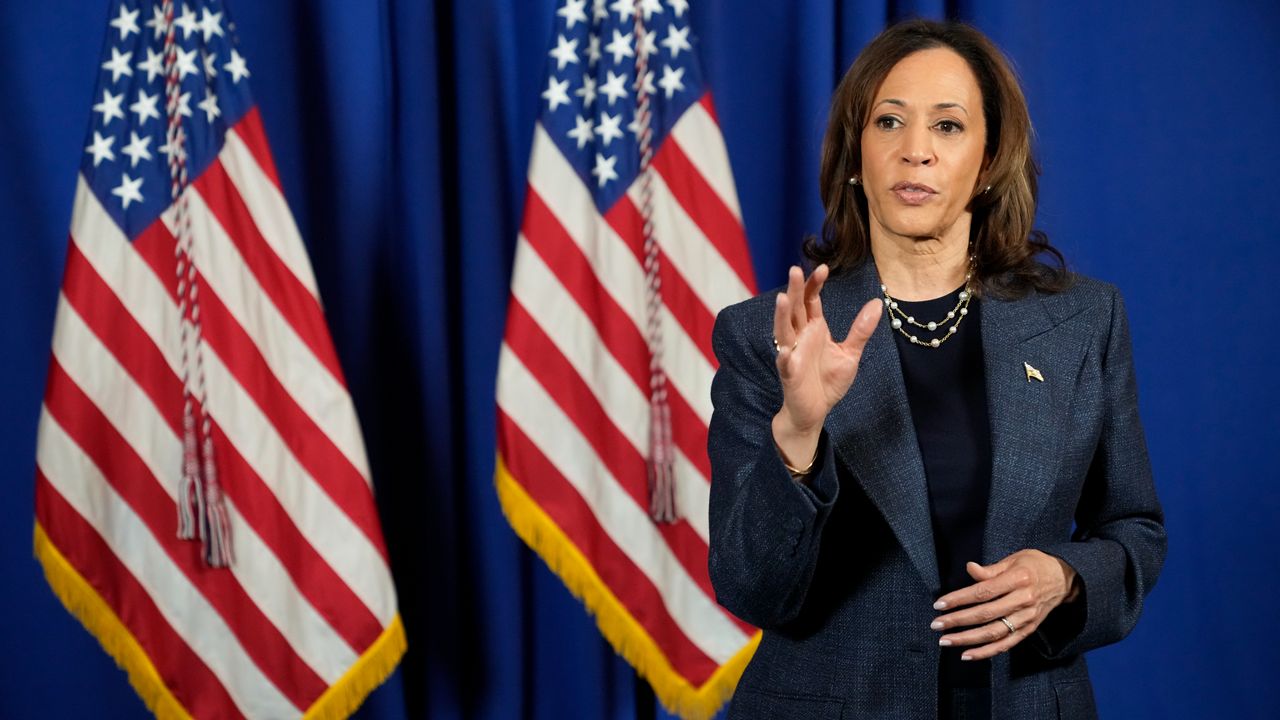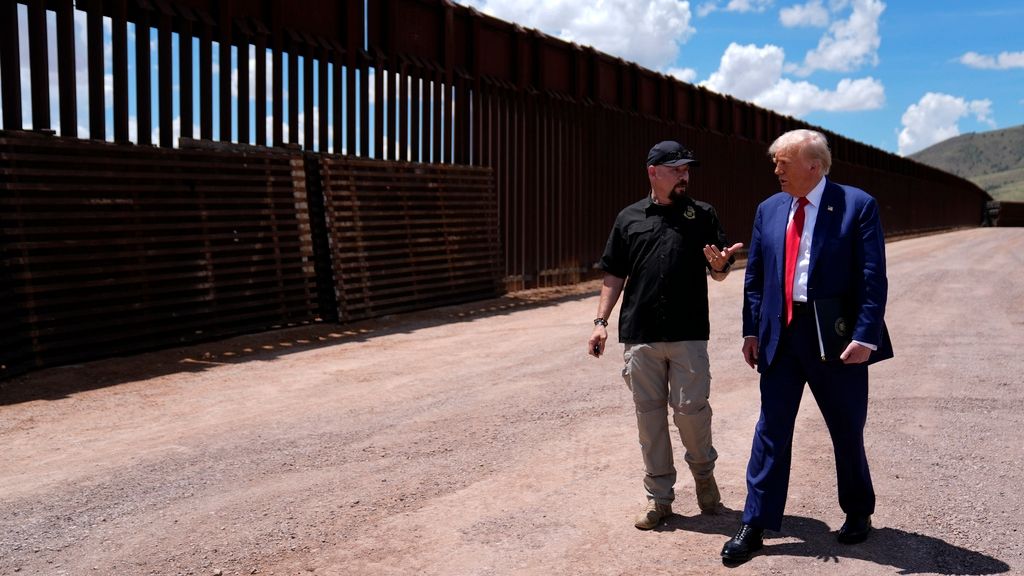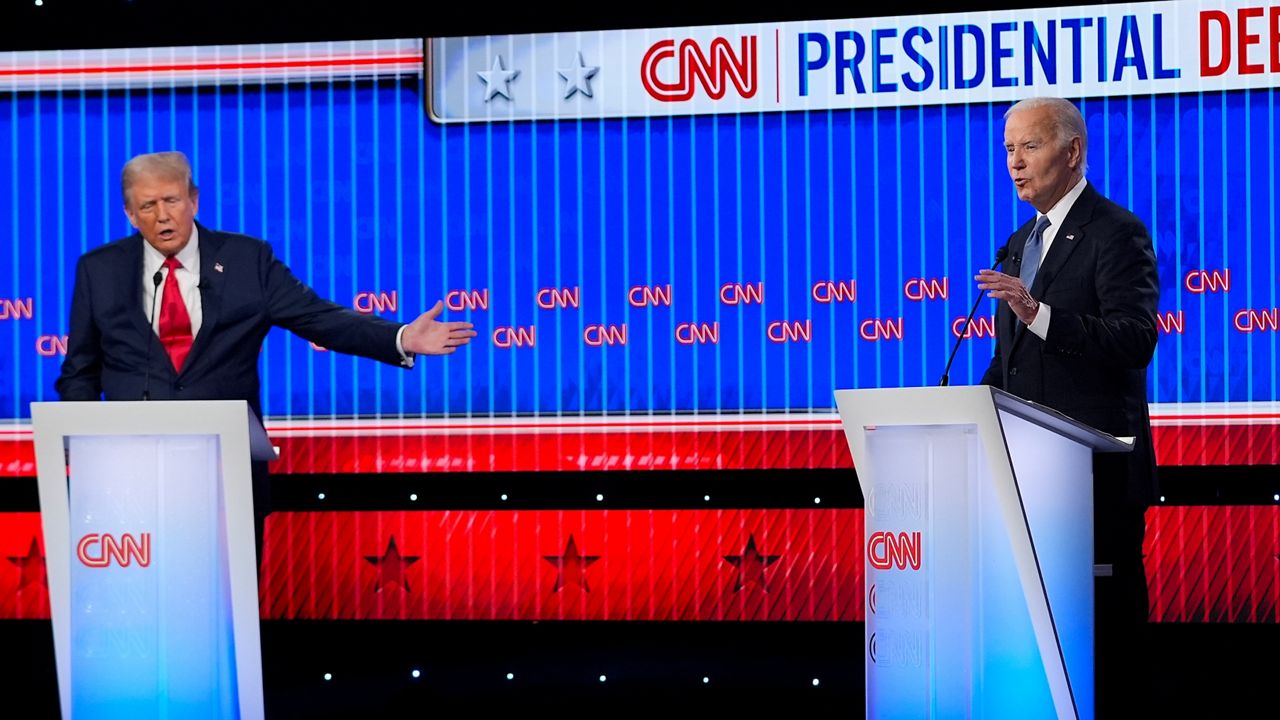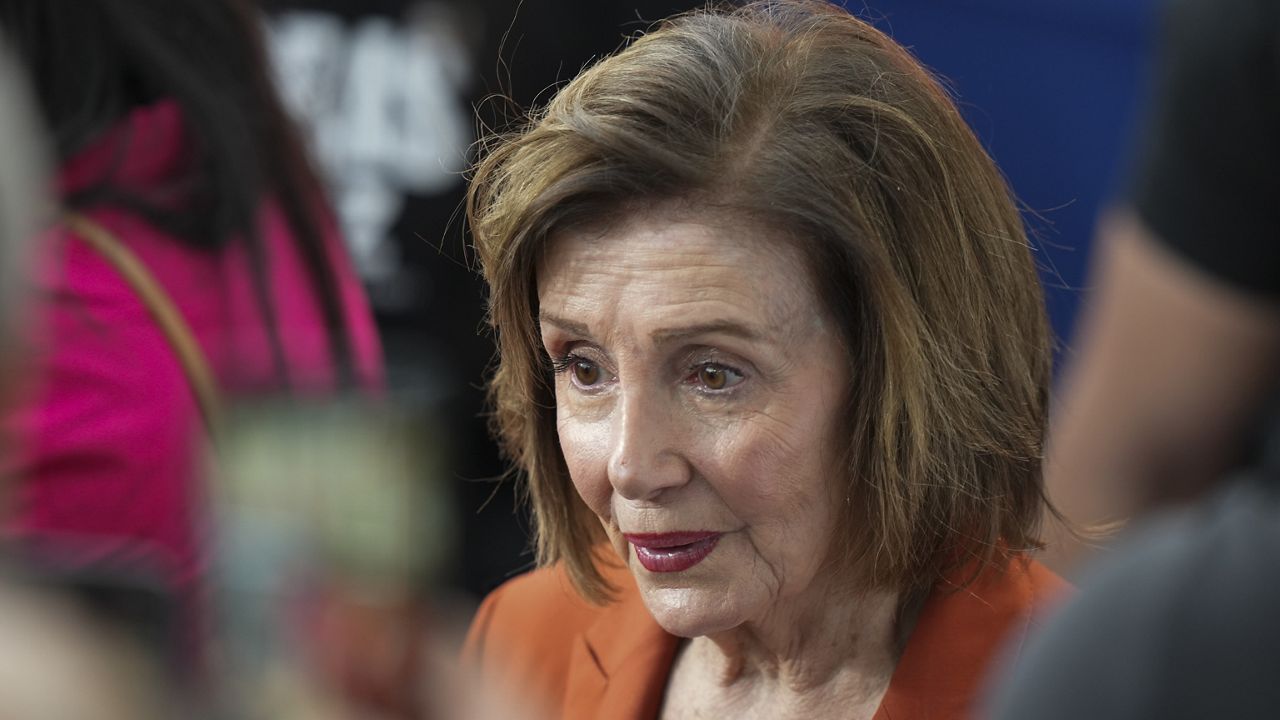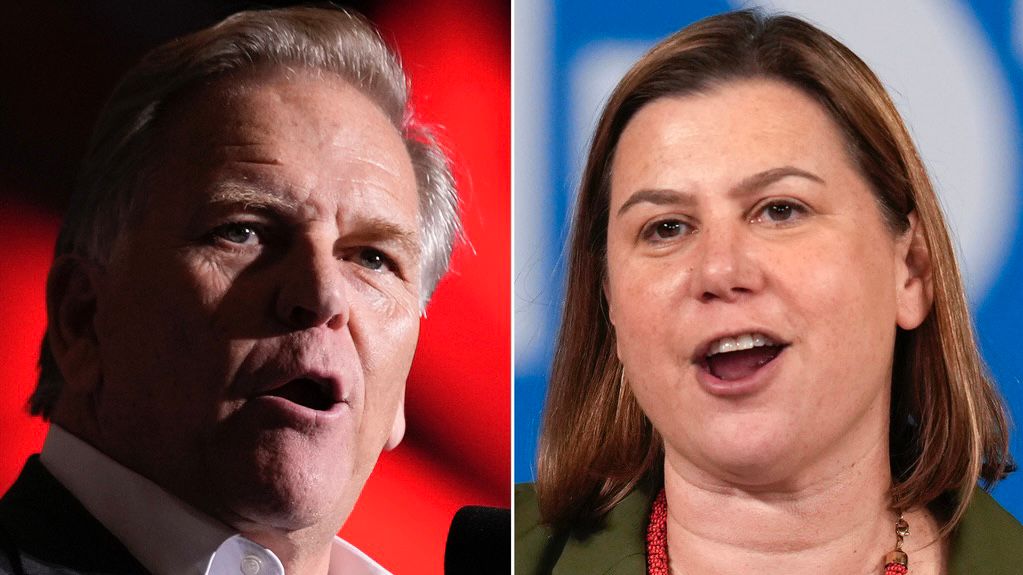Vice President Kamala Harris on Sunday declined to say how she voted on a key ballot measure in her home state of California that would reverse criminal justice reforms approved in recent years.
Harris punted on a question about the ballot initiative in comments to reporters while campaigning in the battleground state of Michigan. She also confirmed, two days before Election Day, that her mail-in ballot was on its way to California.
“I am not going to talk about the vote on that. Because honestly it’s the Sunday before the election and I don’t intend to create an endorsement one way or another around it," said Harris, a former San Francisco district attorney, California attorney general and U.S. senator before she was elected vice president in 2020.
The initiative, if passed, would make the crime of shoplifting a felony for repeat offenders and increase penalties for some drug charges, including those involving the synthetic opioid fentanyl. It also would give judges the authority to order people with multiple drug charges to get treatment.
Proponents said the initiative is necessary to close loopholes in existing laws that have made it challenging for law enforcement to punish shoplifters and drug dealers.
Opponents, including Democratic state leaders and social justice groups, said the proposal would disproportionately imprison poor people and those with substance use issues rather than target ringleaders who hire large groups of people to steal goods for them to resell online.




